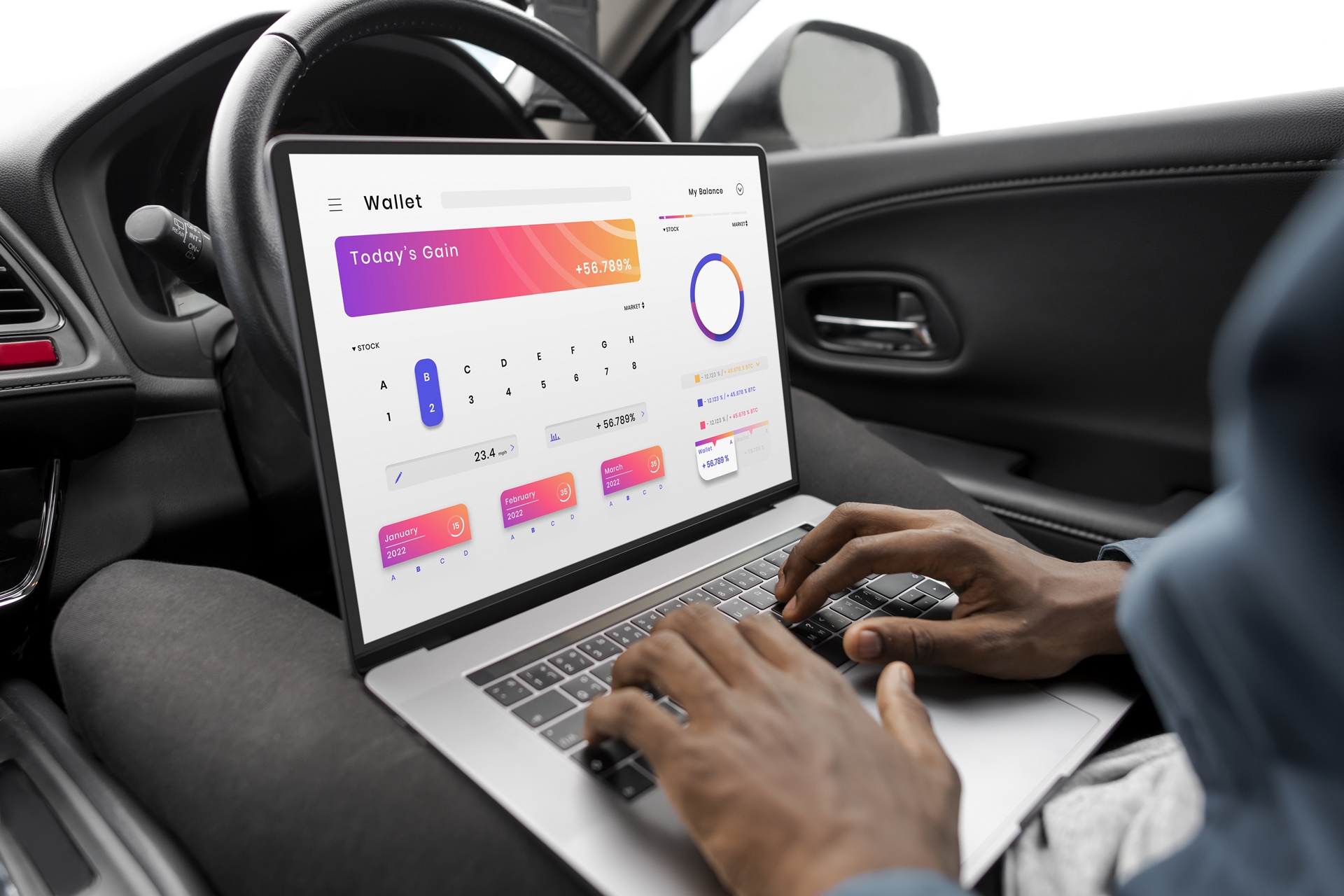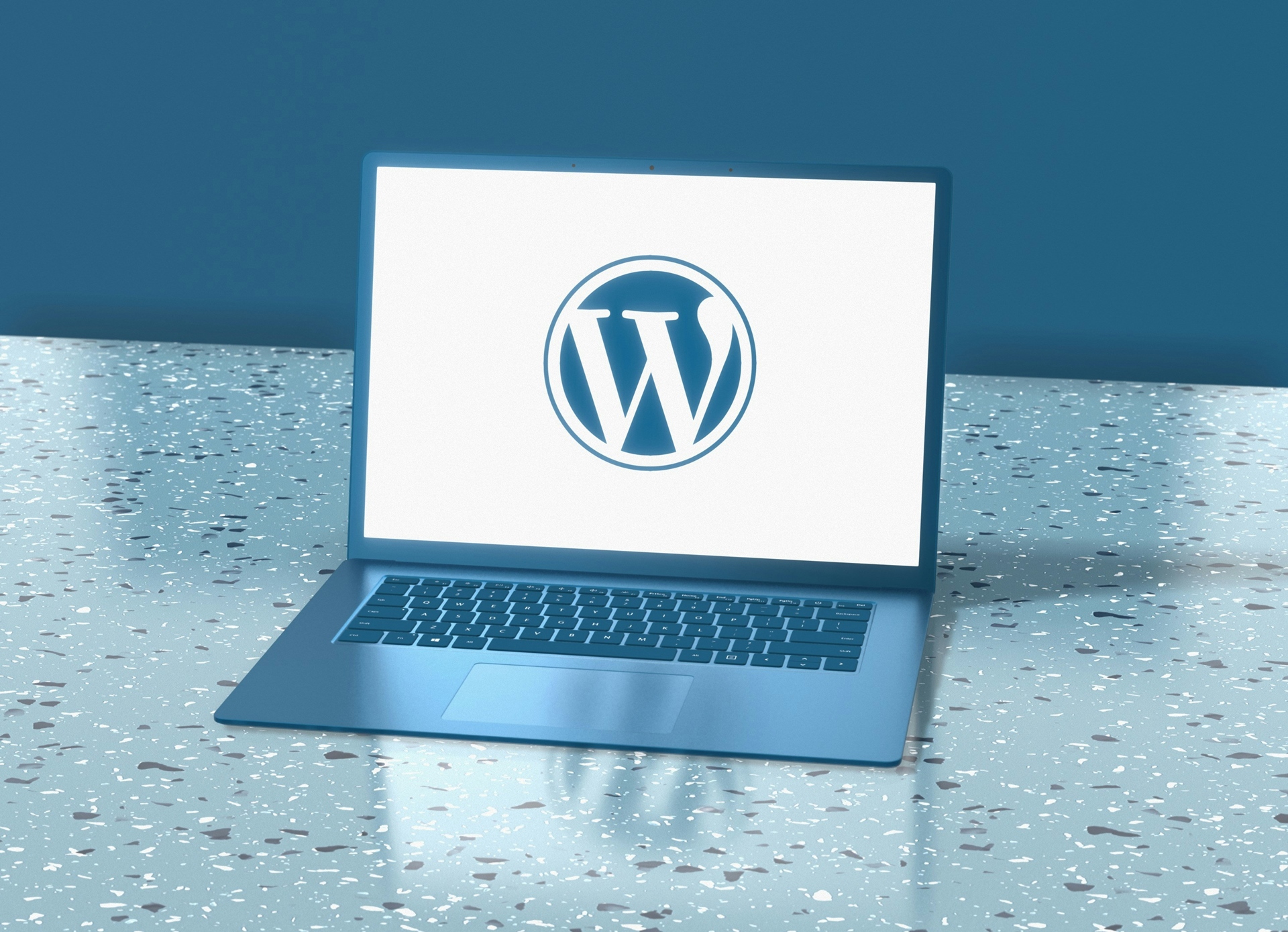In the digital age, website speed and performance are critical to online success. Whether you’re running a personal blog, a business website, or an e-commerce store, how fast your site loads can directly impact user experience, search engine rankings, and conversion rates.
Why Website Speed Matters
When a user visits your website, they expect it to load within 2-3 seconds. If it takes longer, most users will abandon the page and look elsewhere. This is not just a matter of convenience — it’s about user satisfaction, engagement, and retention.
Key Statistics:
- 53% of mobile users abandon sites that take longer than 3 seconds to load.
- A 1-second delay in page load time can lead to a 7% loss in conversions.
- Google includes website speed and performance as a ranking factor in its search algorithm.
SEO Benefits of Fast Website Performance
Search engines, especially Google, prioritize user experience. Fast-loading websites reduce bounce rates and increase the amount of time users spend on your site, both of which are positive signals for SEO.
How Website Speed Impacts SEO:
- Improved Crawl Efficiency: Googlebot can crawl more pages within its allocated time.
- Lower Bounce Rates: Visitors are less likely to leave immediately.
- Better Mobile Experience: Page speed is a ranking factor for mobile searches.
- Higher Ranking Potential: Optimized performance leads to improved SERP positions.
Performance & User Experience Go Hand in Hand
A smooth, fast website creates a more enjoyable user experience. It helps users find what they need quickly, improving satisfaction and increasing the likelihood of return visits or purchases.

Elements That Affect Website Speed and Performance:
- Image optimization
- Browser caching
- Server response time
- Use of content delivery networks (CDNs)
- Code minification (HTML, CSS, JavaScript)
Tools to Measure and Improve Website Speed
Monitoring and optimizing website speed and performance should be an ongoing process. Use tools like:
- Google PageSpeed Insights
- GTmetrix
- Pingdom Tools
- Lighthouse
These tools help you identify issues and offer actionable suggestions for improvements.
Conclusion
In an increasingly competitive digital landscape, website speed and performance are no longer optional—they are essential. A fast, responsive website improves SEO rankings, enhances user experience, and ultimately drives more traffic and conversions. Make performance optimization a top priority in your website strategy, and you’ll reap the benefits across every aspect of your online presence.






